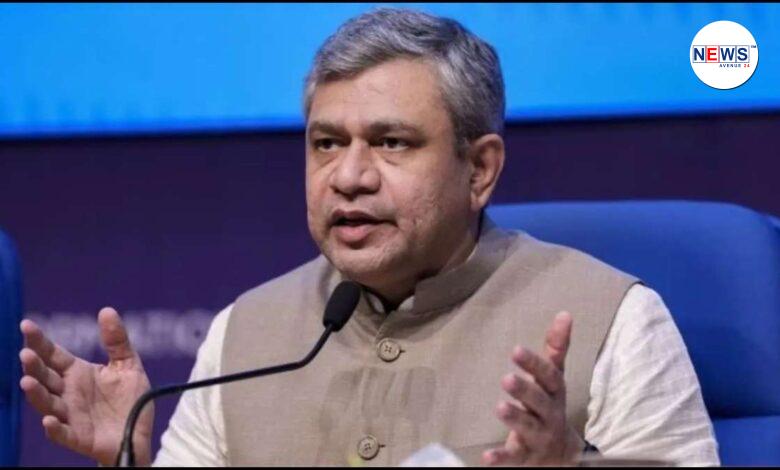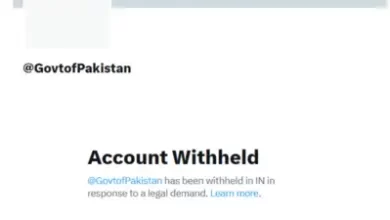
Modi govt extends discussion on Broadcasting Services Bill, to publish fresh draft
The draft bill, called the Broadcasting Services (Regulation) Bill, 2024, aims to introduce regulations on creators of news events on platforms like YouTube, Instagram, and others.
New Delhi: The government is expected to reconsider the contentious provisions of the Broadcasting Services Regulation Bill, which had raised concerns among online content creators as it sought to club them with OTT or digital news broadcasters. The Ministry of Information and Broadcasting on Monday said that the government will issue a fresh draft of the Broadcasting Services Regulation Bill after detailed consultations.
The Bill was released for consultation in November of last year, and a revised draft was later shared with select stakeholders for their feedback. An official mentioned that the government might consider revising certain clauses of the Bill due to strong reactions from some media representatives.
The Ministry of Information & Broadcasting is working on a Draft Broadcasting Services (Regulation) Bill.
— Ministry of Information and Broadcasting (@MIB_India) August 12, 2024
The draft Bill was placed in public domain on 10.11.2023 along with the explanatory notes for comments of the stakeholders and the general public. https://t.co/3A4brxbfLC…
Govt seeks suggestions till October 15
In a statement, the ministry said, “The Ministry of Information & Broadcasting is working on a Draft Broadcasting Services (Regulation) Bill. The draft Bill was placed in the public domain on November 11, 2024, along with the explanatory notes for comments of the stakeholders and the public.”
“In response, multiple recommendations/ comments/ suggestions were received including from various Associations. Ministry is holding a series of consultations with the stakeholders on the draft bill,” the statement read.
The ministry further said that additional time is being provided to solicit comments and suggestions till October 15. “A fresh draft will be published after detailed consultations,” it said.
At a press conference last week, representatives from DigiPub News India Foundation, which represents over 90 digital news publishers, and the Editors Guild of India criticised the Ministry of Information and Broadcasting for holding closed-door consultations with a limited group of stakeholders. They pointed out that broader discussions with digital media organizations and civil society groups have not yet occurred. They had requested copies of the draft Bill from the Ministry but have not received a response.
What is new in this draft bill?
The new draft bill aims to include YouTube creators under its remit by creating a new category called “digital news broadcaster” and defining it as any person who broadcasts news and current affairs program systematically through various online mediums.
It also imposes legal obligations on independent creators. If a creator is categorised as a digital news broadcaster, they must inform the Ministry of Information and Broadcasting about their work, existence, and appoint one or more content evaluation committees at their own expense.
What are penalties in the new draft bill?
Furthermore, creators who do not inform the government or appoint a content evaluation committee may face substantial penalties. The draft bill specifies fines of Rs 50 lakh for the first violation and Rs 2.5 crore for subsequent violations within the next three years.
Additionally, some stakeholders might be exempted from the purview of the bill. It’s important to note that the Bombay and Madras High Courts had previously stayed certain rules that mandated news and current affairs publishers to adhere to a Code of Ethics, citing its adverse impact on press freedom.
These proposed regulations have sparked concerns and discussions about their potential impact on freedom of speech and expression. The implications of these regulations and their potential enforcement remain topics of debate and scrutiny, especially within the tech industry and legal experts, considering the broader impact on content creators and freedom of the press.
News Source:- INDIA TV





